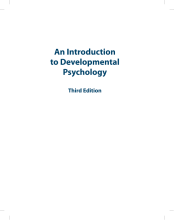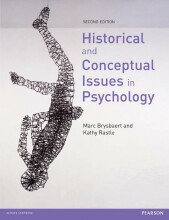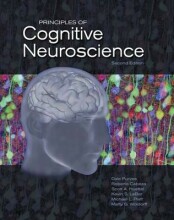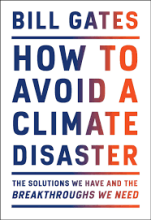Educational implications
26 important questions on Educational implications
How do we call the set of courses offered at a school or university?
How do we call any aspect of theory or practice related to teaching?
How do we cal a developmental process where the child is an active participant through interacting with the environment, rather than a passive receiver of knowledge.
- Higher grades + faster learning
- Never study anything twice
- 100% sure, 100% understanding
How do we call encouraging children to learn by discovering information themselves?
How do we call a conflict, often between peers, that arrises as the result of an interaction. two children have a different understanding of a mathematical problem for example.
How do we call the situation where two or more competing solutions to a problem are present?
How do we call the principle where pairing two children for a task can have a positive impact on children's later individual performance?
Describe the tower of hanoi task.
- the participant is presented with a board with three vertical sticks on it.
- on the stick on the far right are a number of disks located on top of each other with the largest disk at the bottom.
- the task is to get all disks to the stick on the far left with the largest again on the bottom in as few moves as possible.
- you can only move one disk at a time, and you can't place a larger disk on top of a smaller one.
How do we call learning that occurs when two or more people work on a task together?
How do we call knowledge that is possessed between two people?
How do we call knowledge that children should have acquired as they work their way through the education system?
How do we call tests based on the average score for the population, provide a reference point where a child stands compared to other children
How do we call the measurement of a child's performance relative to a specified criterion?
How do we call a function of assessment with the purpose of providing information to support further learning?
Which type of tests are there to image a child's learning process?
- static tests
- dynamic tests
- subcategories; norm based, or criterion based
How do we call a test which focusses on what the child already knows?
How do we call a test to image learning progress that focusses what a child's learning potential is?
Which types of motivation can children show?
- amotivation
- extrinsic motivation
- intrinsic motivation
What kind of regulations are there for extrinsic motivational children?
- external regulation
- introjected regulation
- identified regulation
- integrated regulation
Which kind of motivational regulation is described; if i fail another exam my parents will withdraw my study funding.
Which kind of motivational regulation is described; "i'll be ashamed if my fellow students find out i failed this exam"
Which kind of motivational regulation is described; i want to be a good student.
Which kind of motivational regulation is described; "i want to learn as much possible about this topic because it'll be important for my future career."
Which kind of motivational regulation is described; "i think this course is highly interesting"
Which psychological basic need is described; need to control the course of one's own life
Which psychological basic need is described; need to have close affected relationship with others
The question on the page originate from the summary of the following study material:
- A unique study and practice tool
- Never study anything twice again
- Get the grades you hope for
- 100% sure, 100% understanding
































